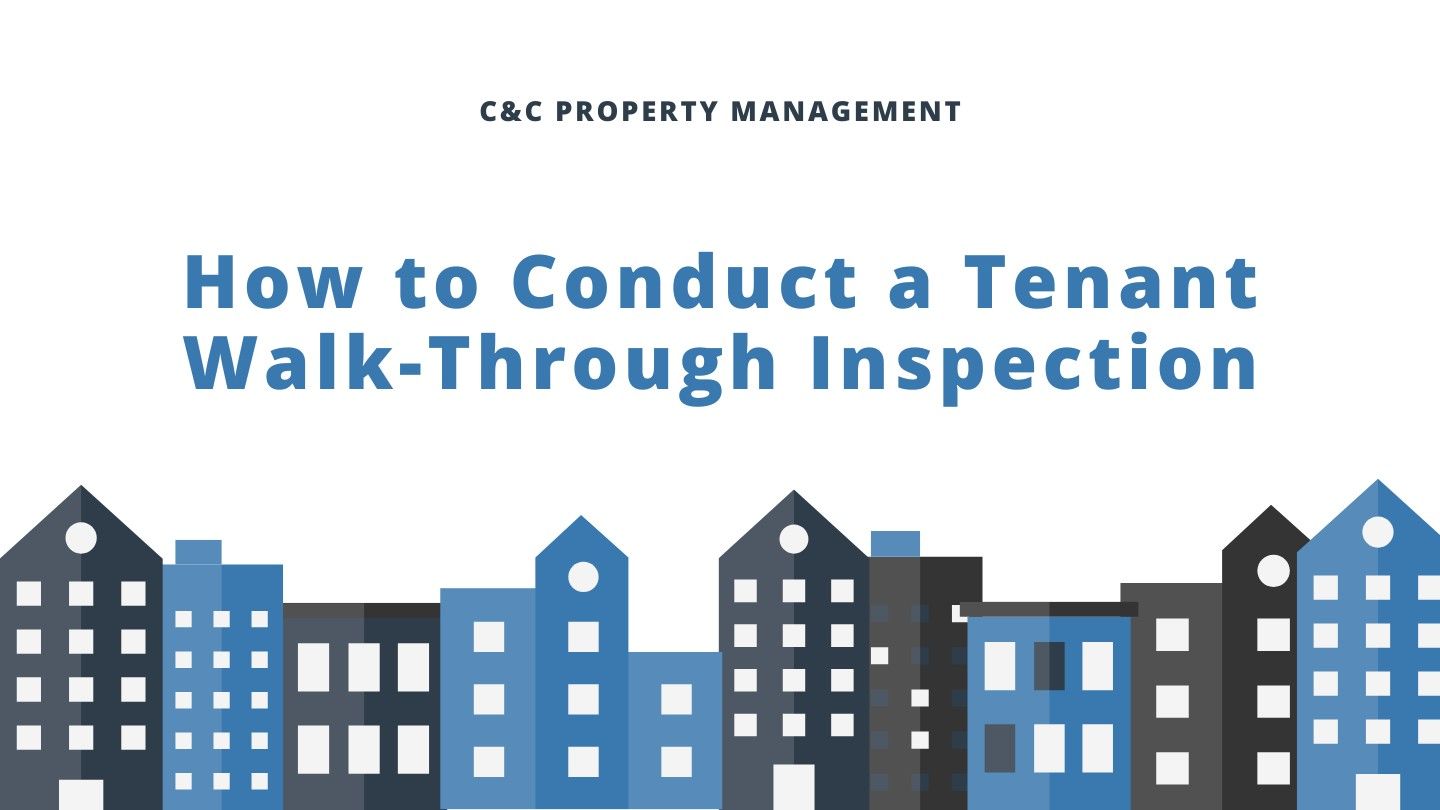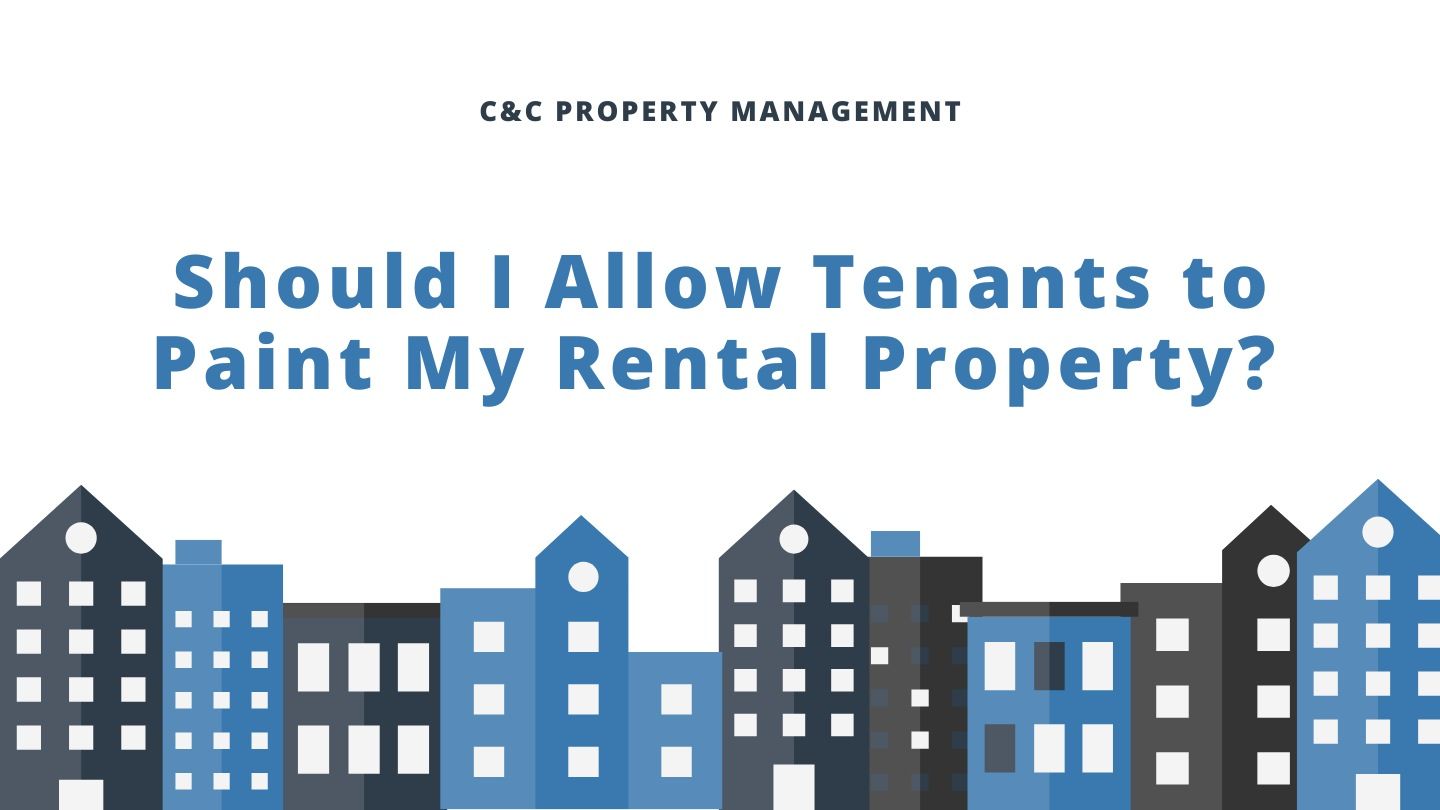3 Real Estate Investing Don'ts for a Smooth 2023
2022 was a year of ups and downs for real estate investors, with interest rates fluctuating and market pullbacks happening left and right.

But as we step into 2023, it's time to refocus and make sure we don't repeat the same mistakes from last year.
Here are three things every savvy real estate investor should avoid to have a successful year:
Don't Sit on the Sidelines
As interest rates continue to rise, it can be tempting to wait for the perfect deal. However, this could be a missed opportunity. With fewer investors in the market and a shift in strategies, you could find yourself with less competition. The current uncertainty in the market, such as potential job insecurity during a recession, could also keep demand for rentals strong in 2023. So, if a deal makes sense, don't wait - seize the moment and focus on working with trusted lenders who can get the job done.
Don't Get Burned
Hard money loans can be a fast and flexible financing option, but it's crucial to understand the fine print before diving in. Make sure to avoid lenders with excessive prepayment penalties and look for ones that offer flexible options. Additionally, be cautious of lenders offering floating rates during underwriting and opt for those who offer forward rate locks instead. This will ensure that you are protected against market fluctuations and maximize your cash flow.
Don't Wait To Get Your House In Order
To be in the best position for financing, take the time to improve your FICO® Score and build up your liquid funds. Pay off any revolving debt and prioritize building up your cash reserves for future opportunities. This will not only improve your creditworthiness but also provide you with the flexibility and security you need in times of uncertainty.
In conclusion
avoiding these three pitfalls will set you up for a successful and smooth 2023 in real estate investing. Stay proactive and make the most of the opportunities that come your way.








